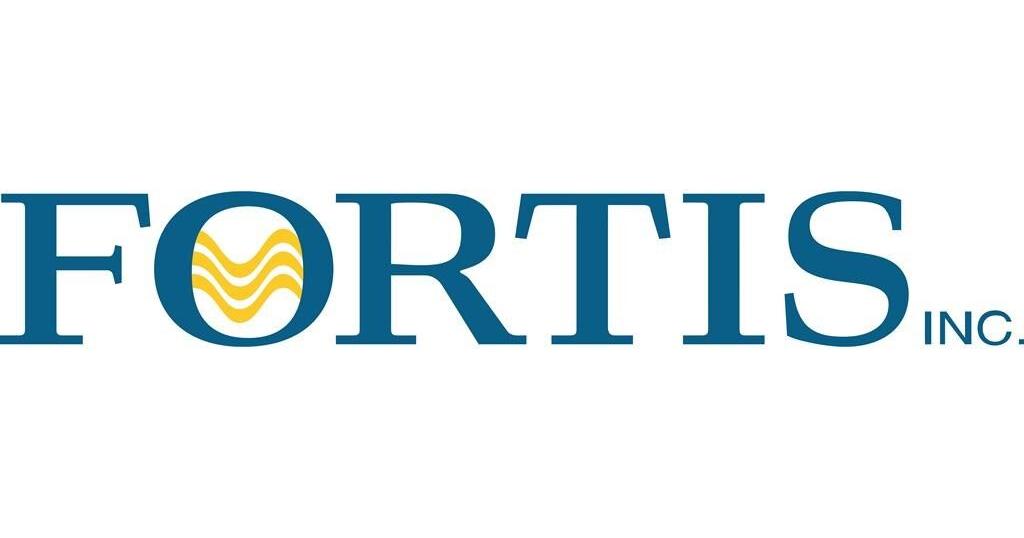OTTAWA — Canadian craft alcohol producers are hoping excise tax changes are brewing in the federal finance minister’s office.
Industry representatives say craft producers need relief from excise duties, which went up automatically on Friday for beer, cider, spirits and malt liquor.
A finance committee report on the upcoming budget recommends the government adopt a system similar to the one in the United States to help small Canadian distillers and other craft alcohol producers compete in Canada and abroad.
The craft beer industry was happy to see that – one of only four changes the committee recommended to personal and consumption taxes.
“They understand that our excise rates are way out of whack, certainly compared to the United States and other countries,” said Rick Dalmazzi, executive director of the Canadian Craft Brewers Association.
“So I would say they’re listening to us. Whether or not they’ve got the capacity to do it this year is another question.”
The U.S. Congress changed excise tax rates for brewers and beer importers in 2017.
According to the Beer Institute – a U.S. lobby group – 99 per cent of breweries now pay half as much in excise taxes as a result of the steep drop in tax rates for small producers. The largest producers saw their payments drop by only three per cent.
The situation is similar in Canada, Dalmazzi said, where about 1,000 of the 1,200 craft breweries produce less than 2,000 hectolitres per year.
“Regardless of the size of brewery you are, you pay excise tax at a rate, and the rate changes, it increases, on a per-hectolitre basis,” he said.
Those lower rates have a limit of 75,000 hectolitres, an amount that seemed out of reach when the system was created 15 years ago.
But large craft brewers now make around 200,000 hectolitres or more.
“The ones that are mid-size and the largest really want to get even larger,” Dalmazzi said. “And the excise taxes for them at the high end are really punitive.”
Extra costs are also coming in June for producers of 100 per cent Canadian wine, who will no longer be exempt from excise duties for the first time in 16 years.
This is the result of a trade dispute that began in 2018 when Australia complained to the World Trade Organization that exemptions for Canadian products unfairly discriminate against imported wine.
To resolve the dispute, Canada agreed to reinstate excise duties beginning in 2022.
Government set aside $101 million in last year’s budget to offset those costs for two years, something the Grape Growers of Ontario says it’s grateful for.
“Obviously what we’d like to see is the details around that,” said Debbie Zimmerman, the lobby group’s CEO.
She said the industry wants that program extended for another 10 years, “so that we have some certainty for the future.”
“Business doesn’t like uncertainty.”
COVID-19 has already caused a great deal of uncertainty for the roughly 700 wineries in Ontario, Quebec, B.C. and Nova Scotia, which rely heavily on tourism.
Many growers also had issues ensuring they had enough temporary foreign workers during the pandemic, Zimmerman said, a set of challenges that were very different from what growers and winery owners are used to.
“You usually say OK, we’ve had a poor crop year, we didn’t get the kind of grapes we wanted. We can fix that, ” she said.
“This we couldn’t fix because this was endless, it was year after year.”
As public health restrictions lift there’s hope the industry can rebound, but profit margins are thin for many small producers. The concern is that rising costs will be passed on to consumers, making Canadian craft products less competitive, or force some out of business.
Finance Minister Chrystia Freeland’s office did not respond to a question about the finance committee’s recommendation to change excise taxes.
A spokesperson for Agriculture and Agri-Food Canada, which will administer the cost-recovery program for winemakers, would only say that it’s working with the industry to develop the program and more information is coming soon.
Opposition MPs introduced private members’ bills this week calling for other changes to excise duties.
Conservative MP Pat Kelly introduced a bill Thursday to repeal automatic yearly increases and drop duty rates, saying the government shouldn’t be taxing Canadians on the “simple pleasures” like enjoying a beer with friends.
Meanwhile, a bill put forward by NDP MP Richard Cannings would eliminate duties on non-alcoholic craft beer, which Beer Canada says is not taxed in other countries.
Both have so far only passed first reading in the House.
This report by The Canadian Press was first published April 2, 2022.
Sarah Ritchie and Jordan Press, The Canadian Press

































